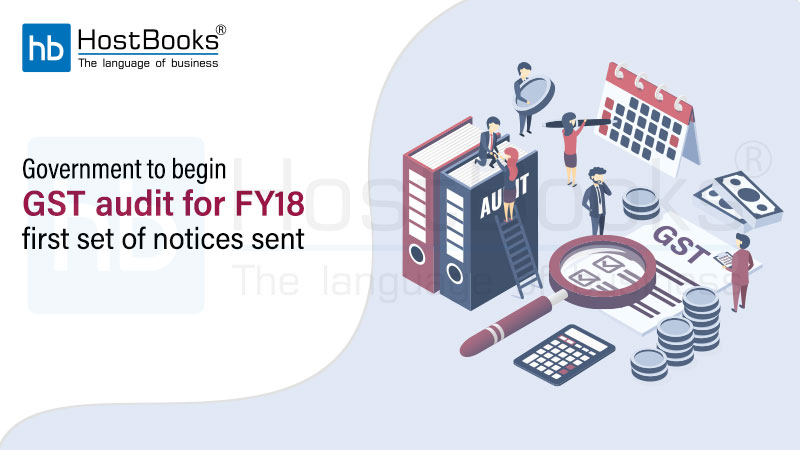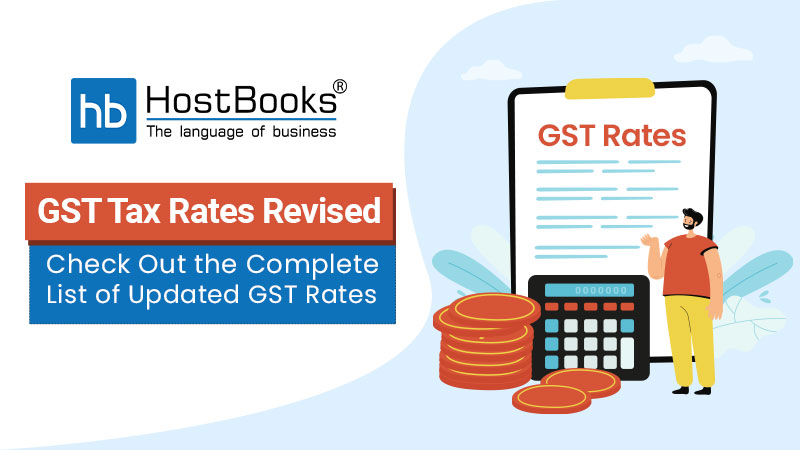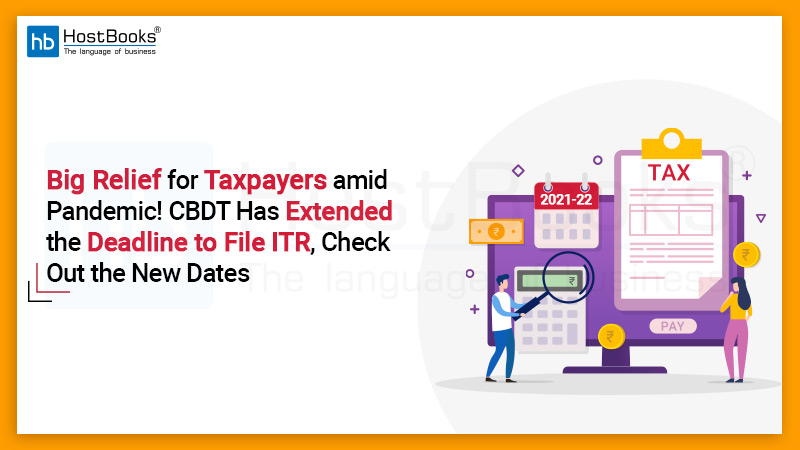Government to begin GST audit for FY18; first set of notices sent

Source: Economic Times
For the first time, after almost three years of implementation of Goods and Services Tax (GST), authorities have started issuing notices for the audit of assessees to ensure the correctness of tax paid and claimed tax credit. This is being initiated in line with the government’s plan to improve compliance and augment revenue collections despite the slowdown in the economy.
The show-cause notices are being issued to businesses seeking an audit of accounts and records for the first year of GST implementation, from July 2017 till March 2018. Tax authorities are seeking a detailed record of nearly 12 documents including detailed records of business agreements of purchase and sales, input service invoices, income tax, electronic cash/credit ledgers.
Types of audit under the GST regime
There are three types of audit under the indirect tax regime. The first audit is turnover based where a taxpayer, with an annual turnover of ₹2 Crore or more, gets his/her accounts audited by a Chartered Accountant or Cost Accountant and then submits the report as part of the GSTR-9C. The second is a special audit conducted by the tax authorities due to the complexity of the case and considering the interest of revenue. The third type is the general audit where a commissioner or an officer authorized by him undertakes an audit of any registered taxpayer.
A detailed GST manual had been issued earlier in June by authorities, indicating that at least 70% of taxpayers in each commissionerate are to be audited. However, the exercise got delayed several times due to the extension for the filing of returns for 2017-18, which was initially 31st December 2018. The latest deadline for filing annual returns and the audit reports for FY18 is 31st January 2020.
The audit drive is expected to be conducted throughout the country during the month of January and February, post which a detailed field-wise report will be submitted to the central government.

Try HostBooks
SuperApp Today
Create a free account to get access and start
creating something amazing right now!

















